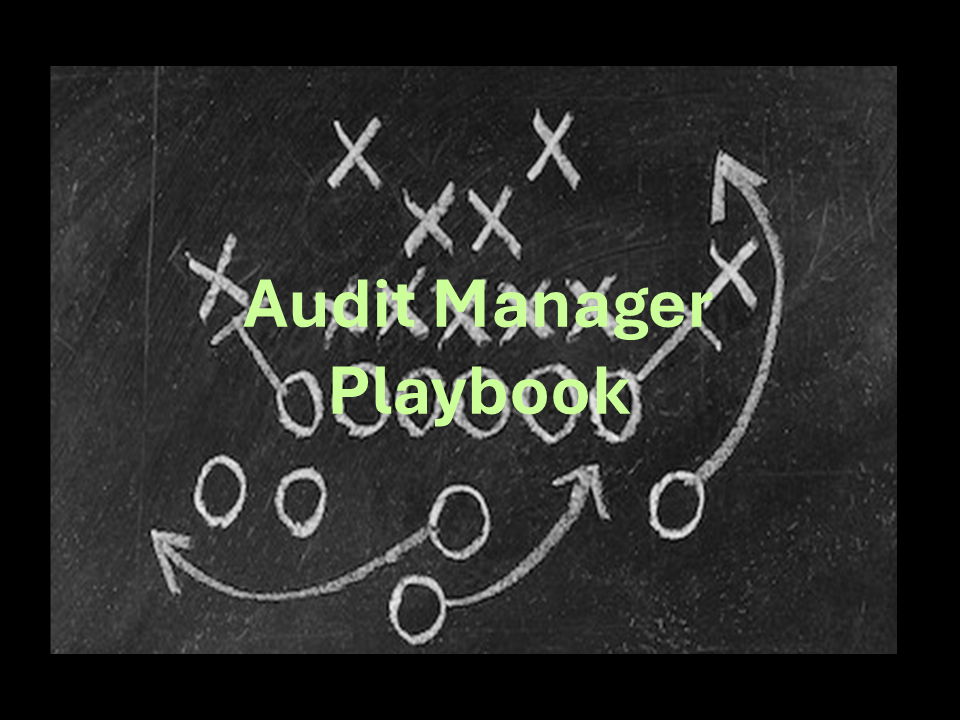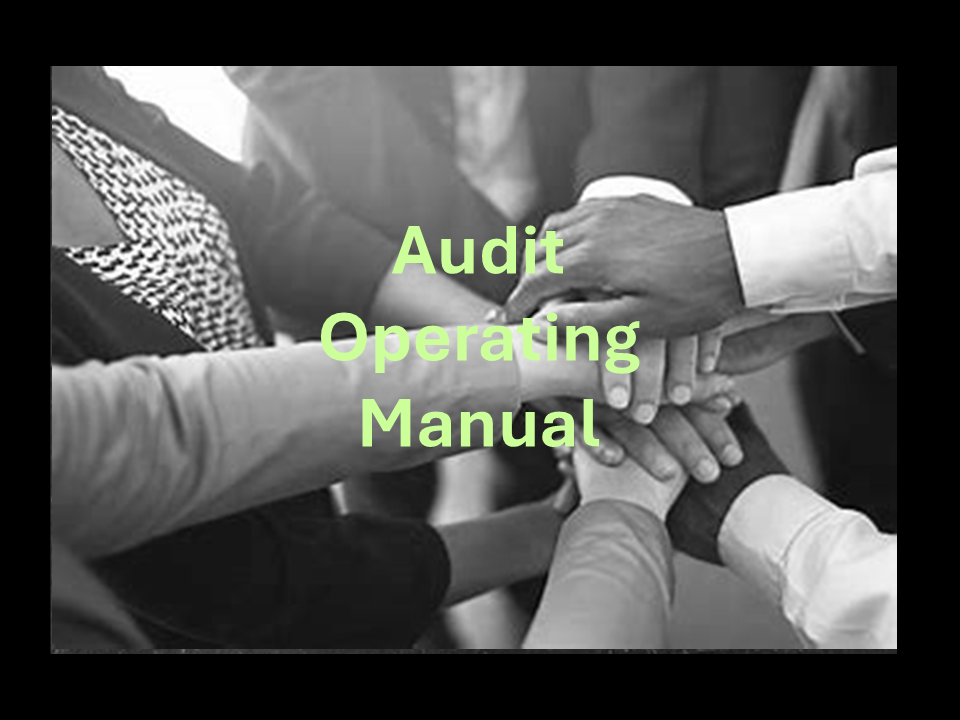Congratulations on your promotion! Transitioning into a managerial role is a significant step, and it’s great to see you focusing on best practices to ensure success. This section will help you understand what management activities you should focus on as a new manager. The operating system will lay out practical tips to begin your journey.
As you start to look around at the organization, it is time to realize that being a manager comes with a whole slew of new responsibilities. Listed below are the best practices I have found when getting promoted into a manager role or joining a new organization in a managerial position.
At the starting line of the managerial role, it is time to do your homework and research on the team and your new supervisor. It helps to review the LinkedIn of your team members and have one-on-one discussions to understand their view of the team and department. You should schedule time with your new supervisor to develop a positive and professional relationship. This time should also be spent getting their perspective on the team and your role in managing the team. Meeting with the team and your new supervisor helps you understand any challenges or wins the team has had. This allows you to understand the goals of your supervisor and team members and how to start working with team members.
As the manager, your role is changing from being a sole contributor. As a new manager, your goals should be to develop positive, productive, and personal relationships. The first step in doing that is to get and stay visible. This allows you to engage the team. Asking people how they are doing and what they are working on is a great way to get connected with team members and start to build trust across the team. As professional relationships evolve, your team will start to come to you with questions. You, as the manager, should focus on being the facilitator and helping your team members with problem-solving. You should advise and empower the team members to find a solution while supervising along the way. By taking this approach, it promotes a sense of security and safety for team members to work to tackle problems.
A common example of building professional relationships is that new auditors often have questions on how to conduct productive walkthroughs. The managers on the project should let the new auditor create a walkthrough agenda. These agendas allow the auditor to gather and streamline questions before meetings with the client. These would be shared with the manager before the meeting and would be updated for any additional questions or if something was off base. This straightforward process promoted accountability amongst the staff and helped the auditors develop self-confidence to lead client meetings.




